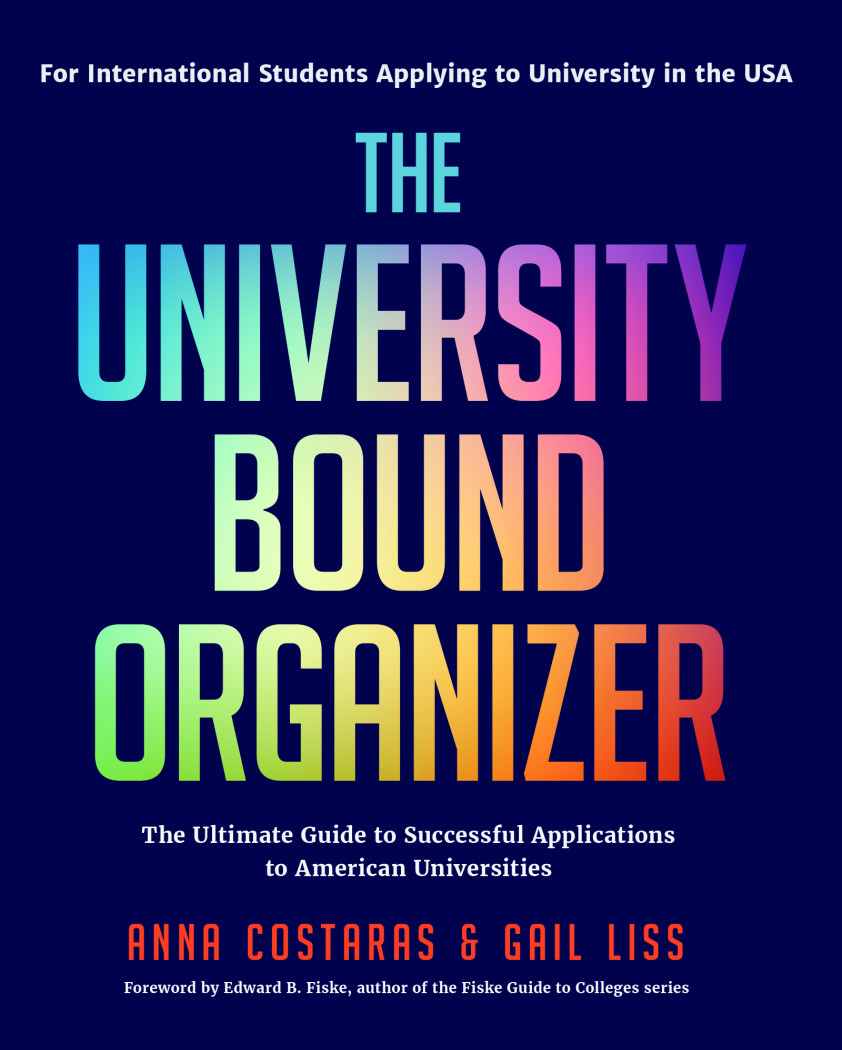It’s so important for all college bound students to understand the variety of application deadline options. Please read on to learn more.
Seniors, as you finalize your list, you will need confirm each school’s policies and due dates so you’re ready to submit your applications on time. Early decision and early action deadlines are approaching quickly so this is the time to focus on completing these applications. It’s also essential to look beyond these deadlines to the regular and rolling round of applications and continue to research all the schools on your list. Also remember, deadlines vary not only from school to school, but also within a school for different programs. Stay organized by making yourself a chart to keep track of the due dates.
EARLY DECISION (ED)
- Application deadlines tend to be early to mid-November with decisions coming in mid-December.
- If accepted, early decision admission is binding. Make sure this is the school you want to attend. Have you looked into all aspects of the school, including academic programs, extracurricular activities and opportunities? Given you haven’t been able to visit the campus and explore the surrounding neighborhood, or meet admissions reps face-to-face, do your homework to be sure this is a school you’re sure you’d like to commit to.
- Research the availability of financial aid and keep in mind aid may be impacted by current circumstances since more students are applying and schools may have less funds to distribute. Discuss affordability with your family.
- An early decision application does convey your eagerness to attend. Admission rates for early decision candidates are generally higher than for students who apply regular decision. During the 2008 recession many schools increased the percentage of students admitted as ED applicants in order to secure a greater percentage of their incoming class. Many experts believe it is very likely that this pattern will be repeated in response to the uncertainty brought on by the pandemic. So, if you’re a strong candidate, and you’re confident this is the school for you, this willingness to commit may improve your odds.
- Many schools also offer a binding Early Decision II (EDII) deadline of around January 1st, with decisions generally coming in mid-February.
- You can only choose one school to apply ED.
EARLY ACTION (EA)
- As an Early Action candidate, you typically need to submit applications by early to mid-November and will then receive a decision by mid-December.
- EA allows you to demonstrate your interest to be admitted without the binding commitment that ED requires. If your family really can’t make a financial commitment prior to the spring, EA could be a good option.
- Restrictive EA schools do not allow applicants to apply EA or ED elsewhere, while non-restrictive EA schools do allow students to apply EA or ED. Check schools’ websites to confirm their policies.
ROLLING ADMISSIONS
- Some colleges cycle on an ongoing basis where the application process typically opens early fall and may continue as late as summer or as long as spaces are available.
- Applicants are notified of their outcome as applications are processed, so applying as early as possible may improve your chances of acceptance.
- While there may be no application deadline, there typically are deadlines for scholarships, financial aid and housing.
REGULAR DECISION
- The deadline for Regular Decision varies from school to school, but is usually between January 1 and mid-February. Decisions are typically received mid-March through early April.
- Please be aware of different deadlines for special programs and scholarships.
OPEN DECISION
- Community colleges and many online school programs offer open enrollment to most high school graduates and GED certificate holders.




